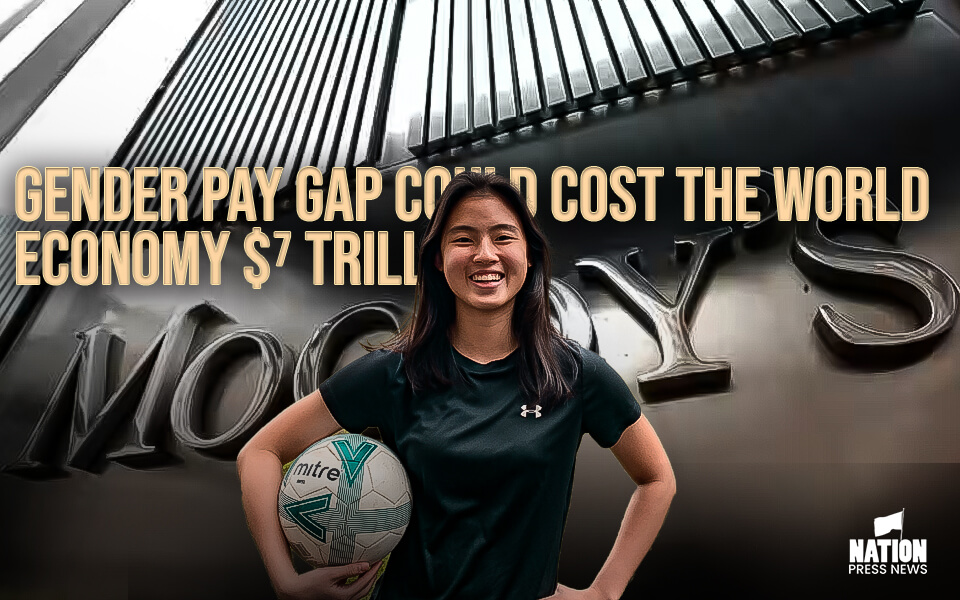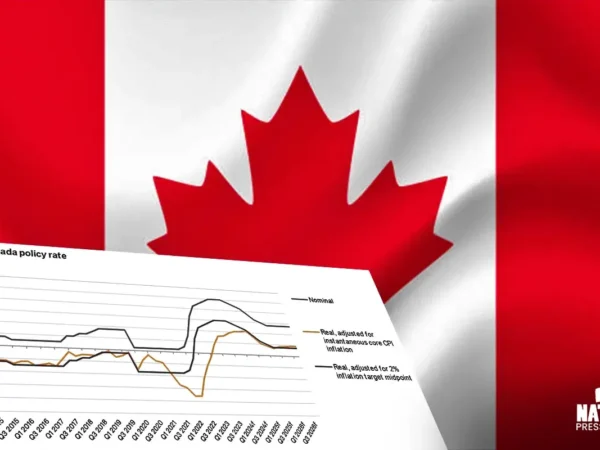Gender pay gap could cost the world economy $7 trillion, Moody’s says
Speaking about the difference in wages between working men and women, it can boost the economy of the world by about 7% which is about $7 trillion, According to Moody.
At the rate at which the situation is going on now, it may take at least 132 years for the world to get close to the economic gender gap, Moody said.
The boost in the economy will keep happening as women join the labor force and there’s a productivity increase. A greater share of women holding more higher positions and roles will also help.
“Closing the gender gap in labor force participation and the gender gap in management in OECD countries can raise global economic activity by approximately 7%, or about $7 trillion in today’s dollars.”Dawn Holland and Katrina ell said.
The report mentioned that narrowing the pay gap in emerging markets like India would increase the potential even further.
All the calculation is based on the pay increment that women in OECD countries, between the age of 25 and 64 would see if their pay was equal to the male of the same age in 2021.
“This alone would raise potential output in the OECD by nearly 10% and global output by 6.2%,” analysts wrote.
The report spoke about the responsibility of the family carried by women and the lack of similar connections that men have are the root cause of the wage gap. It was observed and spoken about in the report that women are not likely to ask for promotions while being held to higher standards than men.
“Shifting social norms is a lengthy and complex process, but politics such as enforcing flexible working conditions, providing affordable childcare, and providing paid paternity and paternity leave help to drive change in the right direction,” Moody wrote.
The world bank recently said that discrimination has kept the gender wage gap intact.
“Gender biases and inequalities that have placed women in low-wage occupations, such as differences in job and the hours worked, as well as women’s disproportionate caregiving responsibilities, contribute to the gender wage gap,” said the world bank.
The number of women in OECD countries that hold a master’s degree or equivalent exceeds the number of men, but are still considered under men and do not get the opportunities in senior management roles.
Time and again the skills of women have not been used up to their potential.
This resulted in an economic loss at individual and world levels.
“On average, women make a higher upfront investment in education but tend to land in lower-level and lower – paid positions, employed below their skill level, as measured by their educational accomplishment,” the authors said.







